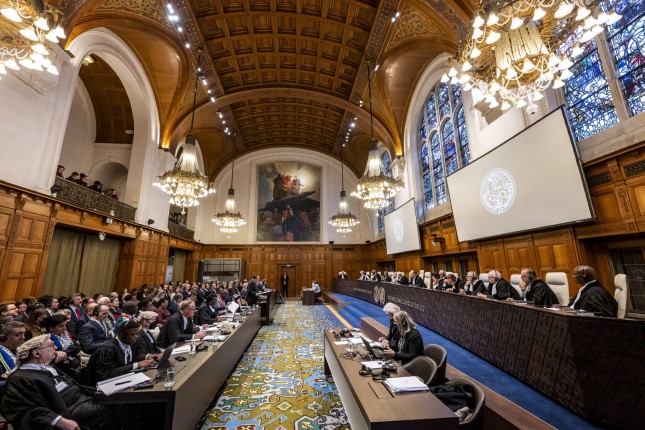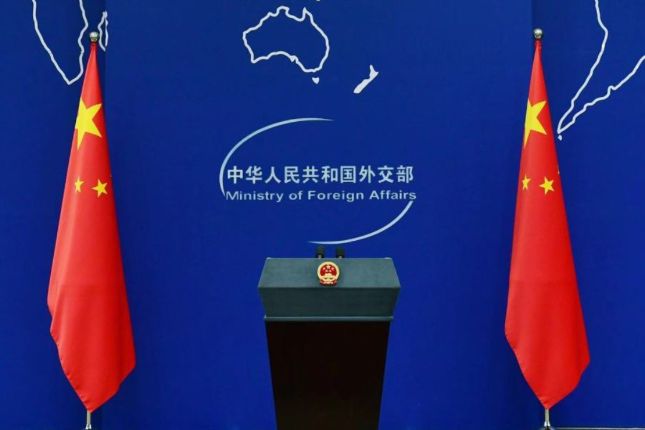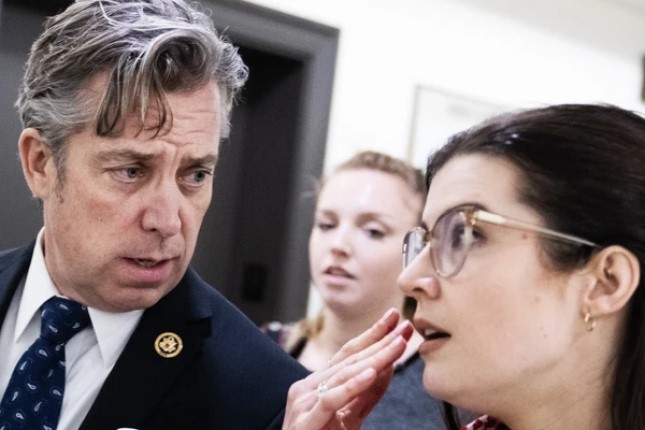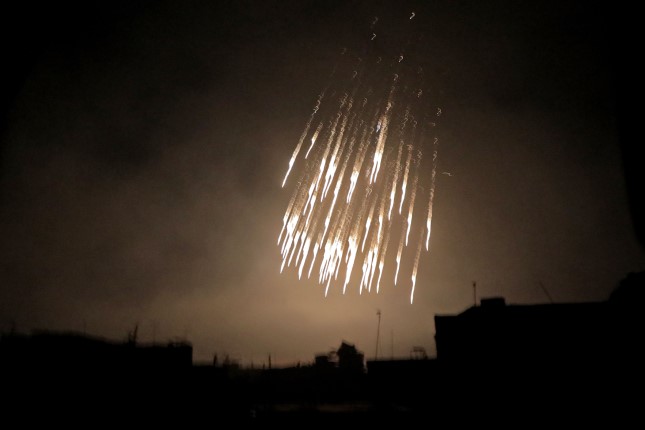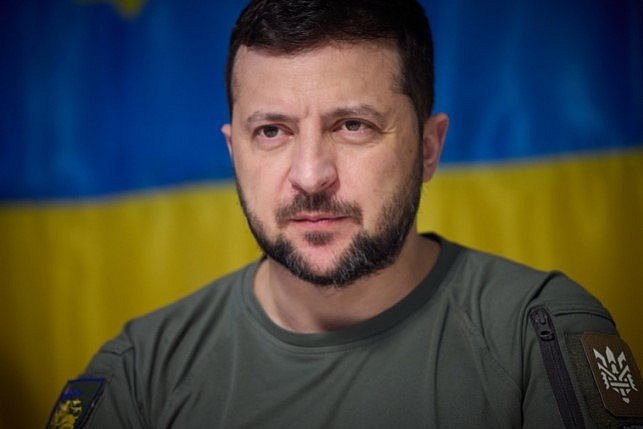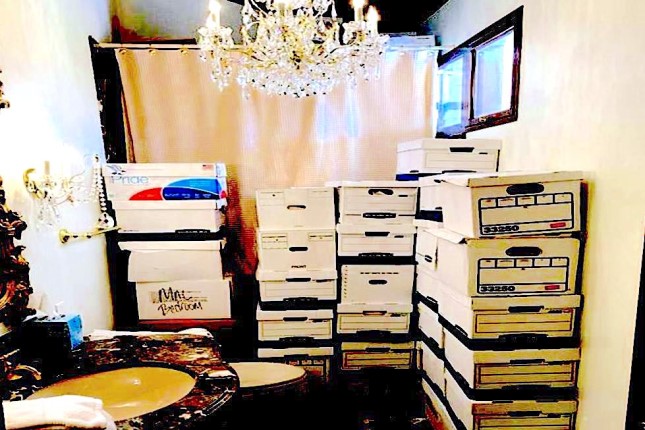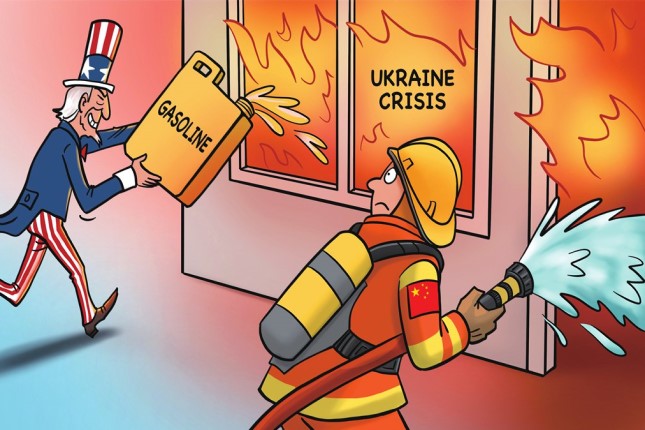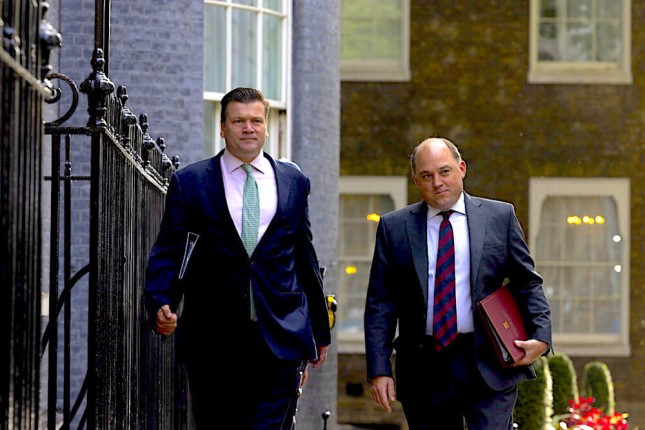Israel’s bombardment of Rafah in southern Gaza and its stated plan to expand its attack with a ground assault puts the country in breach of a clear directive from the International Court of Justice, said South African officials on Tuesday, less than three weeks after the court ordered Israel to do everything in its power to prevent genocidal violence in Gaza.
The South African government made an urgent request of the ICJ, or the World Court, calling on it to take further action as more than 100 Palestinian people were killed by Israeli shelling and airstrikes in multiple locations across Rafah overnight Monday.
As Israel has waged relentless air and ground attacks across Gaza since Oct. 7, more than 1.3 million people — more than half of the enclave’s population — have sought refuge in shelters and makeshift tents in Rafah, leaving them with nowhere to go in recent days as the Israel Defense Forces stepped up its assault on the city.
South Africa said in a statement Tuesday that Israel’s stated plan to launch a ground offensive in the city “requires that the court uses its power to prevent further imminent breach of the rights of Palestinians in Gaza.”
“The unprecedented military offensive against Rafah, as announced by the state of Israel, has already led to and will result in further large scale killing, harm, and destruction,” said the South African government in a court filing submitted on Monday. “This would be in serious and irreparable breach both of the Genocide Convention and of the court’s order of January 26, 2024.”
After South Africa filed a case at the ICJ claiming Israel is committing genocidal acts in Gaza — and presenting exhaustive evidence, including clear statements from top officials ordering the targeting of civilians in the enclave — the court issued an interim ruling on Jan. 26 saying the complaint was “plausible” and requiring Israel to ensure its military does not violate the Genocide Convention.
South Africa noted in its filing Monday that under Article 75(1) in the rules of the ICJ, “The court may at any time decide to examine proprio motu whether the circumstances of the case require the indication of provisional measures which ought to be taken or complied with by any or all of the parties.”
The government “feels that facts on the ground have changed so significantly,” said Feature Story News correspondent Alex Cadier, “that the court should urgently revisit the provisional measures it ordered a few weeks ago.”
Rafah is just the latest Gaza city that, after being designated a so-called safe zone for civilians, has been besieged by U.S.-backed Israeli troops.
The World Food Program warned on Tuesday that yet another forced displacement of the Gaza residents who have been crammed into Rafah will further decrease “resilience” as the population is pushed toward starvation due to Israel’s near-total blockade on humanitarian aid.
More than 28,000 people have been killed by IDF attacks in Gaza since Oct. 7.
South Africa’s new filing at the ICJ came after King Abdullah II of Jordan reiterated his call for a cease-fire in Gaza in a meeting with U.S. President Joe Biden at the White House. Officials from the U.S., Qatar, Egypt and Israel were in Cairo on Tuesday to discuss a possible truce.
Photo: South Africa presenting its genocide case against Israel at the International Court of Justice at the Hague on Jan. 12 © ICJ / Wikimedia Commons / CC BY-SA 4.0.
Source: Consortium News.
